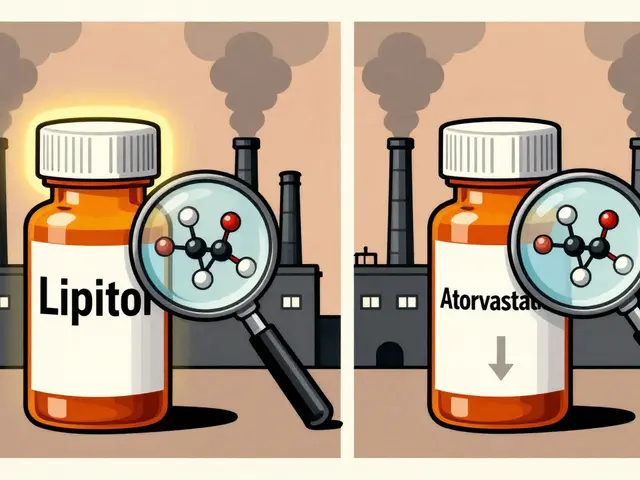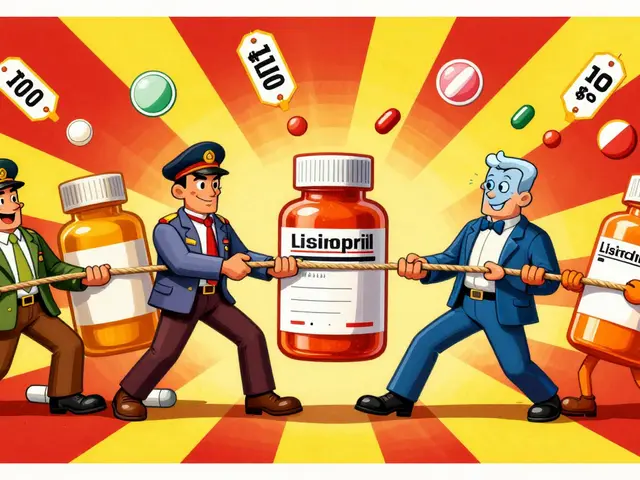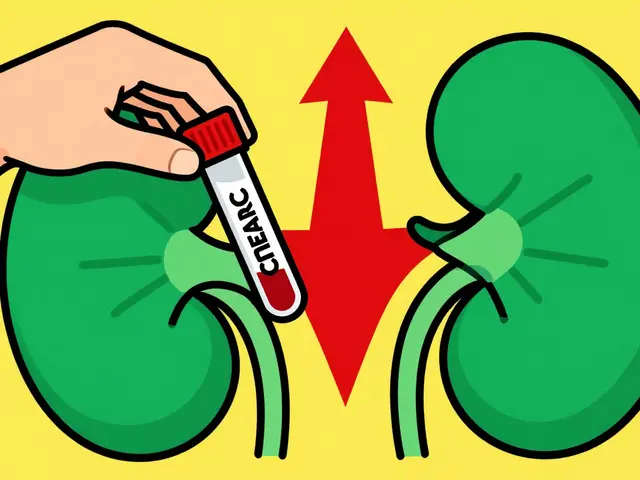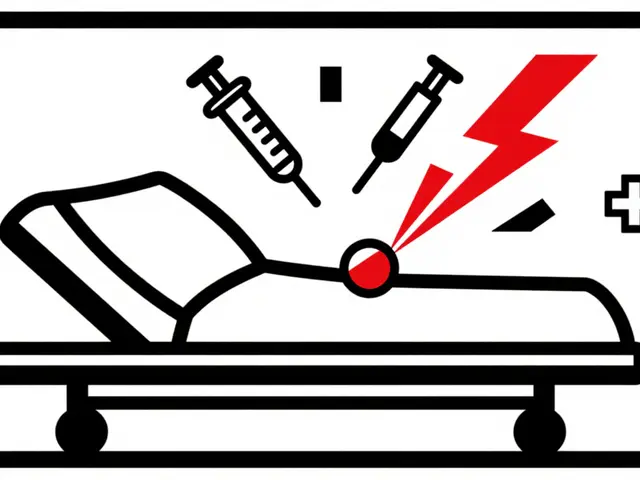Cold Sores: What They Are and How to Deal With Them
If you’ve ever gotten a painful blister on or around your lips, you know the itch of a cold sore. It’s not just a cosmetic issue – it can hurt, look embarrassing, and pop up at the worst times. The good news? You can spot them early, treat them fast, and cut down how often they return.
Cold sores are caused by the herpes simplex virus type 1 (HSV‑1). Most people catch the virus as kids when it spreads through casual contact like sharing drinks or towels. After the first infection, the virus hides in nerve cells and can reactivate later, showing up as a sore.
What Triggers Cold Sores?
Knowing what sets off the virus helps you avoid flare‑ups. Common triggers include:
- Sun exposure: UV rays weaken skin defenses and can wake the virus up.
- Stress: Hormone swings from stress or lack of sleep give the virus an opening.
- Illness: A fever, cold, or any sickness stresses your immune system.
- Hormonal changes: Menstruation or hormonal meds can play a role.
- Physical irritation: Lip balms with irritants or aggressive scratching can spark a sore.
If you notice a pattern – like sores after beach days or big exams – try to tweak those habits. A broad‑spectrum sunscreen on your lips and a good sleep routine go a long way.
Fast Relief Options
The sooner you act, the less time the sore will take to heal. Here are practical steps that work for most people:
- Antiviral creams: Over‑the‑counter docosanol (Abreva) or prescription penciclovir can shorten healing by about a day if you apply at the first tingling.
- Oral antivirals: For frequent outbreaks, doctors may prescribe acyclovir, valacyclovir, or famciclovir. These pills are most effective when started within 48 hours of the first sign.
- Pain relief: A dab of lidocaine gel or a plain ice pack eases burning and swelling.
- Home remedies: Applying a small amount of petroleum jelly keeps the sore moist, which can prevent cracking. Some people find tea tree oil diluted 1:10 helpful, but test on skin first.
Remember, popping or picking at a cold sore only spreads the virus and slows healing. Keep your hands clean and avoid sharing utensils, lip balm, or razors until the sore fully scabs over.
How to Prevent Future Outbreaks
Prevention is mostly about keeping the virus in check:
- Use a lip sunscreen with SPF 30+ daily, especially after outdoor activities.
- Manage stress with short walks, breathing exercises, or hobbies you enjoy.
- If you get colds often, wash hands frequently and avoid touching your face.
- Talk to your doctor about a daily low‑dose antiviral if you have more than four outbreaks a year.
Cold sores are annoying, but they don’t have to control your life. Spot the early tingling, treat fast with a cream or pill, and keep triggers in check. With these steps, you’ll spend less time covering up and more time feeling confident.

25
May
Wondering how Zovirax actually works for cold sores and herpes? This article breaks down everything you need to know, from basic facts about acyclovir, its practical uses, real side effects, and tips for smart and safe use. You'll get insight you can trust, plus advice for making the most out of your prescription.






